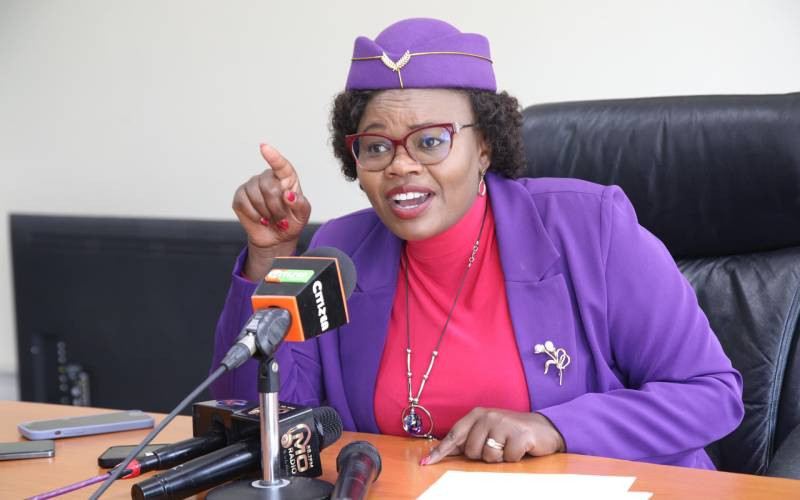Anti-money laundering standards: Will banks meet 12-month deadline? - CNBC Africa
The Central Bank of Nigeria has taken a significant step towards enhancing anti-money laundering practices in the country by issuing a draft framework that outlines new baseline standards for automated AML solutions. Leveraging artificial intelligence and machine learning, the aim is to detect and prevent financial crimes more effectively. Muyiwa Oni, Regional Head of Equity Research for West Africa at Standard Bank Group, shed light on the implications of this new development. In a recent CNBC Africa interview, Oni emphasized the importance of the banking sector complying with the new regulations within the stipulated timeframe of 12 months. The existing anti-money laundering protocols in Nigeria involve banks working independently to report suspicious activities to the central bank or relevant authorities. However, with the country currently grey-listed for anti-money laundering practices, there is a clear need for improvement. The incorporation of AI and machine learning into the anti-money laundering framework aligns with the digital transformation of the financial sector in Nigeria. The central bank's move underscores the need to adapt to the increasing complexity of financial transactions in a rapidly evolving technological landscape. Banks are required to enhance their systems to seamlessly integrate with the central bank's AI-driven protocols. As banks gear up to meet the new standards, capacity and talent development are crucial aspects to address. The option to outsource some services provides banks with a pathway to bridging any skill gaps and ensuring compliance. Connecting national identity card numbers and Bank Verification Numbers (BVNs) for robust customer identification and transaction monitoring is a key focus area. Aside from the anti-money laundering reforms, the Nigerian banking sector is also experiencing changes related to capital requirements. UBA's rights issue, listed on the NGX, aims to bolster the bank's capital base in line with the Central Bank's directive to reach a minimum threshold. The phased approach adopted by some banks reflects a strategic decision to navigate uncertainties in the market and optimize capital-raising strategies. Several banks are still on track to raise additional capital through private placements to meet the specified targets. While challenges such as foreign investor sentiment and currency stability have influenced decision-making, the overall objective is to strengthen the financial resilience of banks amidst evolving market conditions. With approximately 800 billion naira left to be raised collectively by banks, the sector is poised for further developments in capitalization strategies. The success of UBA's rights issue and the ongoing recapitalization exercises underscore the industry's commitment to meeting regulatory requirements and enhancing financial stability. In conclusion, the transformative initiatives in Nigeria's banking sector, encompassing anti-money laundering reforms and capitalization efforts, signal a proactive approach to adapting to global standards and technological advancements. As the deadline for compliance approaches, banks are tasked with accelerating their preparedness and fostering a culture of robust risk management and regulatory compliance.











